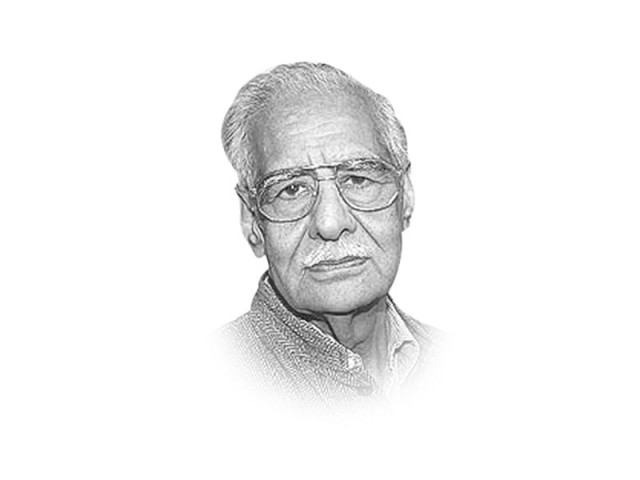Indira Gandhi’s India
Chidambaram is emulating the Gandhis dark rule, his Unlawful Activities Act can detain people without trial.

Indira Gandhi’s India
Thirty-six years ago, the country’s democratic will was thwarted by an autocrat, Indira Gandhi, to save her from disqualification of parliamentary membership. The Allahabad High Court had found her guilty of using government machinery to get herself elected. Instead of respecting the judgment, Mrs Gandhi suspended fundamental rights, imposed press censorship and became a law unto herself. She did not even consult the cabinet before meeting the president to ask him to sign the relevant proclamation. Helping her was her younger son, Sanjay Gandhi, an extra-constitutional authority. It was really he who ruled the country for nearly two years from 1975 to 1977.
The atrocities that the mother and son committed included removing thousands of people forcibly from their homes and relocating them many miles away. This became a precedent for some extremist organisations like the Shiv Sena which, some years later, picked up the Bangladeshis, the people they didn’t like, and pushed them in trucks and trains to the Bangladesh border.
In fact, she set many other precedents, such as making the civil service servile and the police obedient to the rulers’ whims. Till today, many chief ministers, not necessarily those of the Congress, use civil servants and the police to punish their critics — just as she did.
Those were the days when the judiciary became pliable. Four out of five supreme court judges, including liberal PN Bhagwati, justified the imposition of the emergency. The only one who did not toe the line, Justice HR Khanna, was superseded when she selected the next chief justice of India. If today the judiciary looks battered, it is because it has not yet recovered from the blows it received in those dark days.
In contrast, Mrs Gandhi’s father, Jawaharlal Nehru, respected the judiciary. Once, he wanted to supersede Justice Mehr Chand Mahajan because of his ‘views’ but he had to give up the plan when he found the entire supreme court bench was proposing to resign if there was supersession.
Detention without trial was a British colonial legacy. Indira Gandhi shamefully imprisoned more than 100,000 people who had no recourse to legal redress. The tragedy is that the current home minister, P Chidambaram, seems to be copying those methods. He is restricting the democratic space, albeit in the name of curbing terrorism. The Unlawful Activities Act can detain people without trial in an open court of law. Such cases have only to be examined by an advisory committee and that too within the precincts of the jail. Dr Vinayak Sen, the famous doctor-activist, was first detained under this act. Subsequently, the BJP-ruled Jharkhand government charged him with sedition for having ‘contact’ with the Maoists.
I often wonder why we haven’t learnt a lesson from the emergency — rulers of different political parties pursue more or less the same path that Mrs Gandhi had taken to switch off democracy in India. I believe the reason is that nobody who was found guilty of committing excesses by the Justice JC Shah Commission has ever been punished. It is comical that some of those found guilty are today senior ministers in the Manmohan Singh cabinet.
There has to be accountability without which none in power will be afraid of misusing authority. The Lokpal Bill is necessary to find out who are guilty and punish them accordingly. The government’s attitude is uncompromising because if the Lokpal cannot look into the charges against the prime minister, the judiciary, or the MPs indulging in corruption even on the floor of the house, what is the use of having such an institution? It looks as if we are in for anxious days. Thank God a new emergency cannot be imposed because the very measures require a two-thirds majority in parliament and a similar strength in state assemblies.
Published in The Express Tribune, June 29th, 2011.
















COMMENTS
Comments are moderated and generally will be posted if they are on-topic and not abusive.
For more information, please see our Comments FAQ